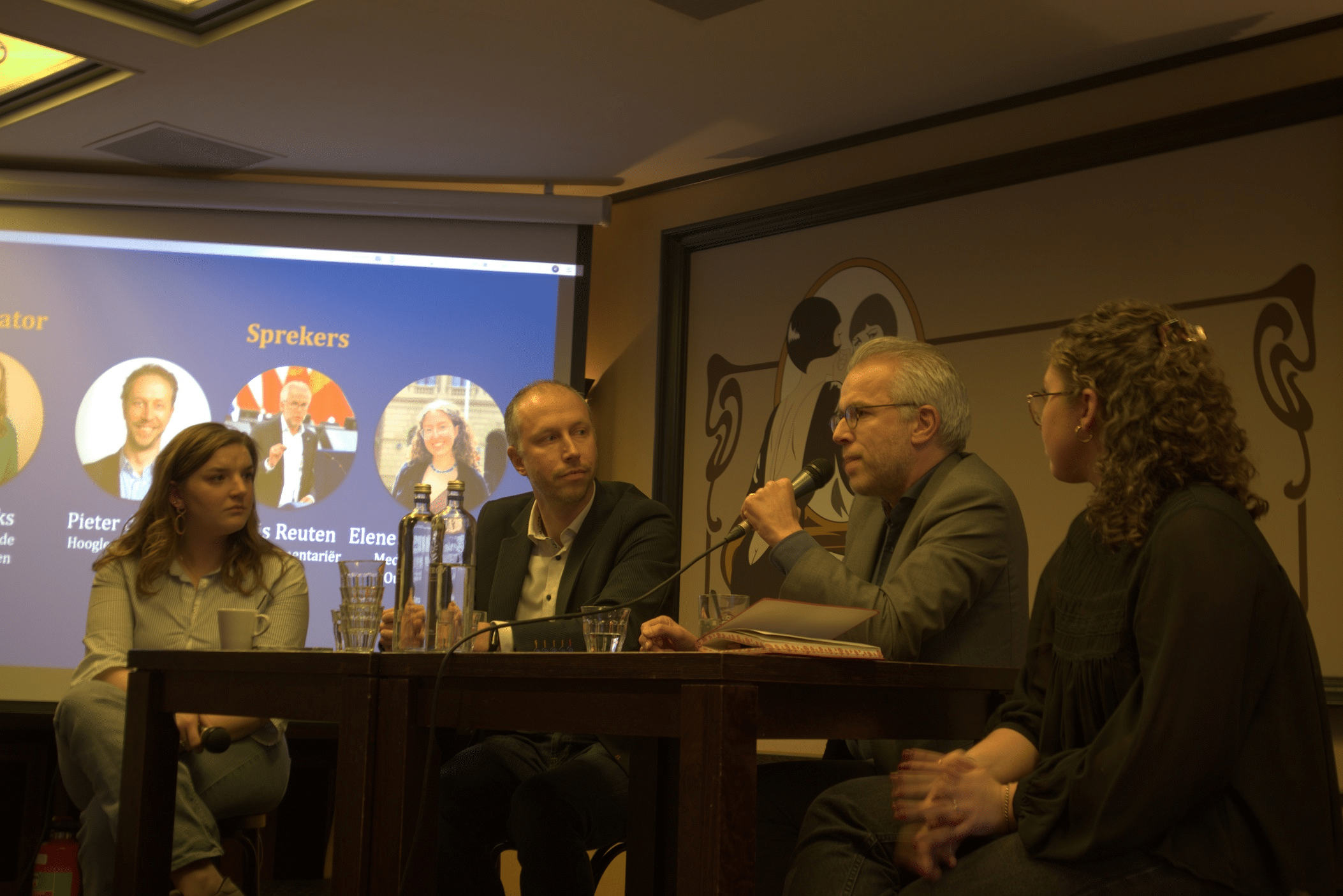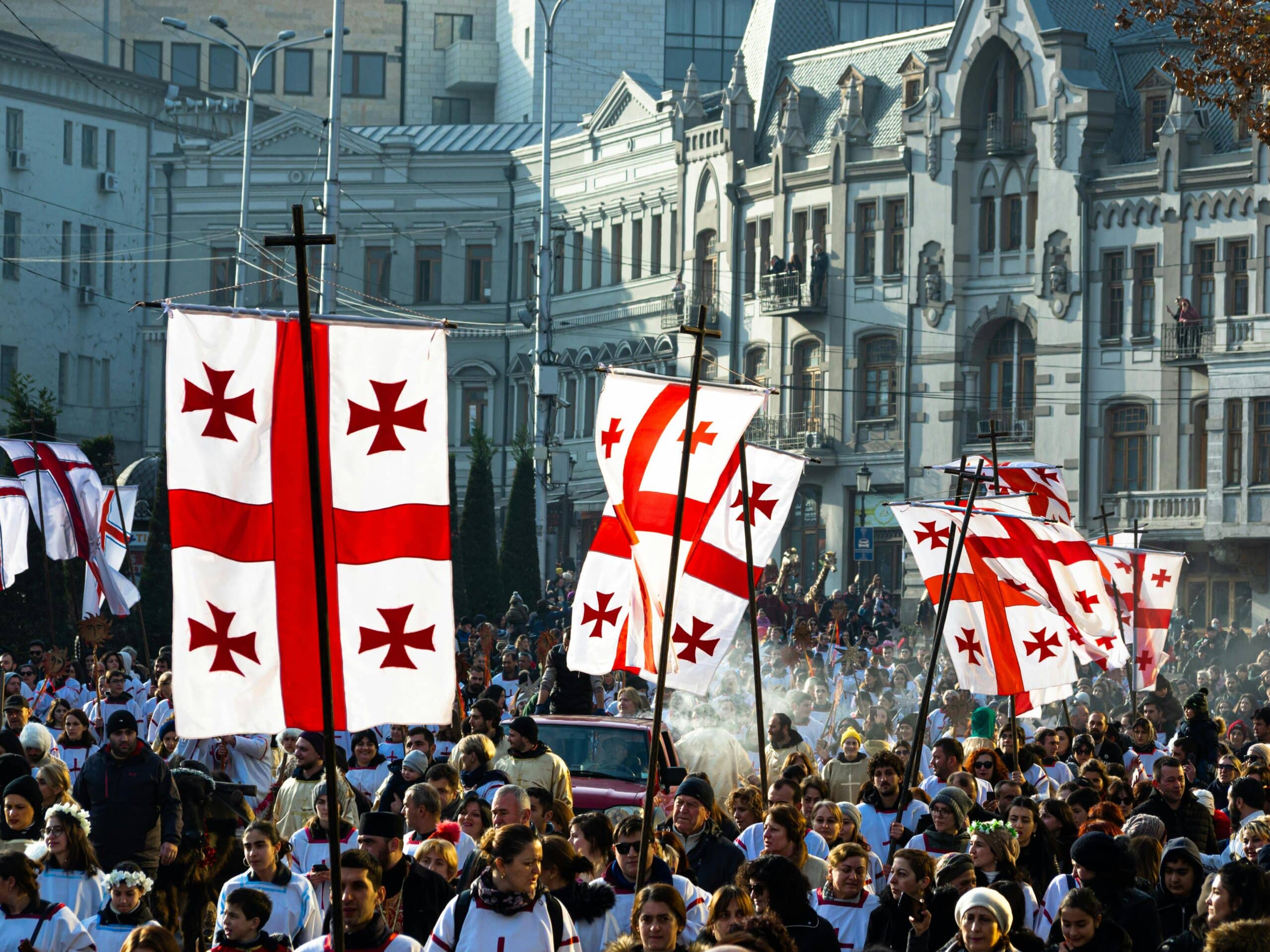On Tuesday, 6 February 2018, the European Commission presented the European Union's enlargement strategy with the Western Balkan countries. The Commission has now prepared an outline with a directive for possible accession of these six countries.
However, there are still many stumbling blocks to overcome before the Balkans are part of the EU and can become truly European. The Balkans is known for its many conflicts. The Commission therefore rightly demands that Balkan countries can only become members if they solve their mutual problems and work towards reconciliation.
One potential conflict lies in the relationship between Greece and Albania. These neighbouring countries share a long history typical of the Balkans. About 10 per cent of Albania's population has direct historical ties to northwestern Greece. This area was annexed to Greece in 1913, but was inhabited by an Albanian-speaking population who identified themselves as Cham. In the three decades after 1913, many Cham were expelled from their area. In 1944, the last ethnic cleansing was carried out in the area, expelling almost the entire community to Albania; an event that still has a great impact on the mutual relations between the two countries.
The expelled Cham were accommodated in towns in southern Albania, where they mostly ended up in residential areas specially set up for them. The Cham also lost their Greek citizenship. In addition, their houses, land and property were confiscated and taken over by the Greek government. During the communist regime in Albania, the case of the expelled Cham remained suppressed. After the fall of communism, a large number of organisations emerged that championed the Cham's cause and demanded restitution of property and land in Greece. Often these organisations received support from the Albanian government. In 1994, for instance, a monument to the 1944 expulsion of the Cham was erected and the Albanian government declared 27 June as a day of commemoration for the Cham genocide. The cause of the Cham has often been used in recent decades to evoke nationalist sentiments among the Albanian population. In contrast, the Albanian government seeks good relations with Greece to ensure that it does not frustrate accession talks with the European Union.
The Cham demands also strike a nerve in Greece. A clear example is the Greek government's reaction to statements by the Euro commissioner responsible for EU enlargement talks that both countries should resolve the Cham issue. Greece immediately demanded that the EU should not interfere. On the contrary, from the perspective of preventing and resolving the conflict, it is probably wise for the EU to become an active mediator. After all, the Balkans need to become European before they can become part of the EU. Just crisis management and independent mediation are crucial here.
By: Jeroen Zandberg
Photo: Roel Wijnants





